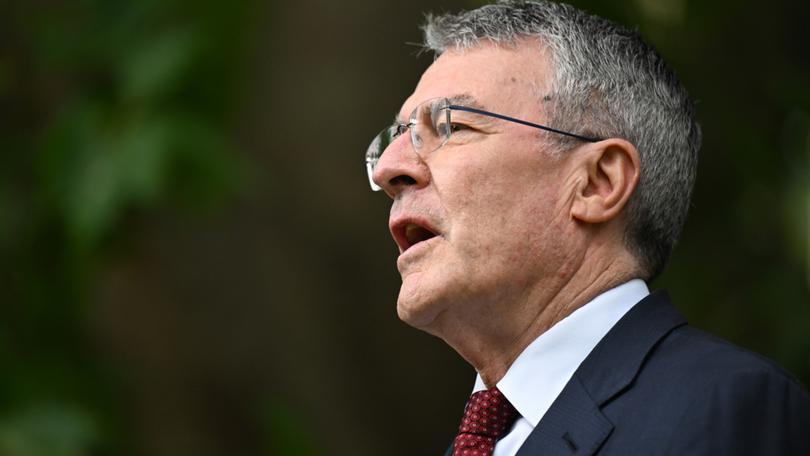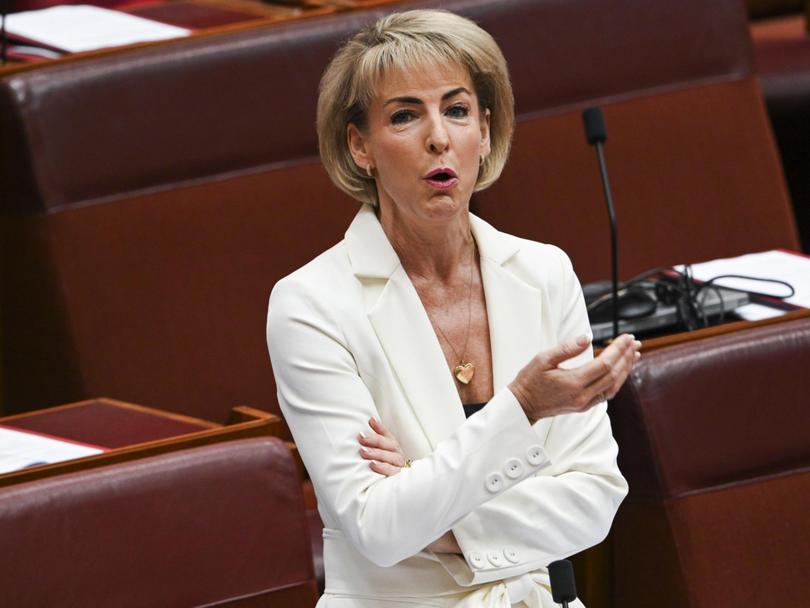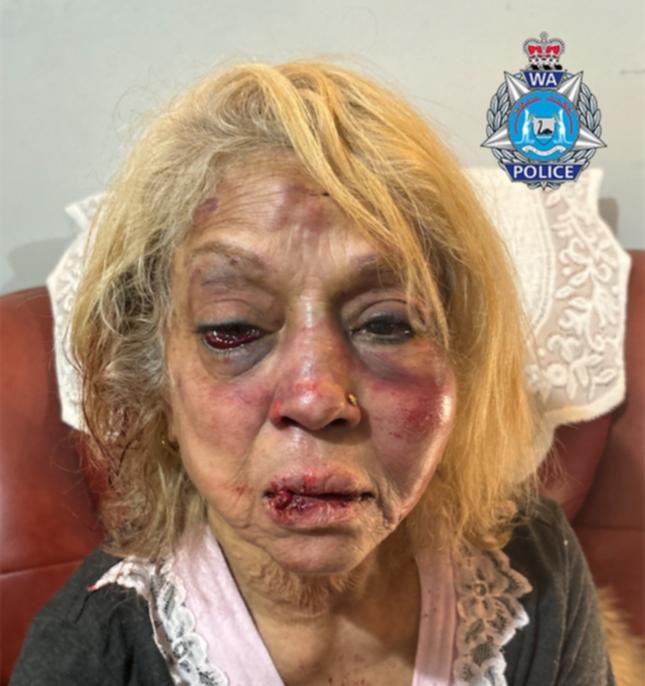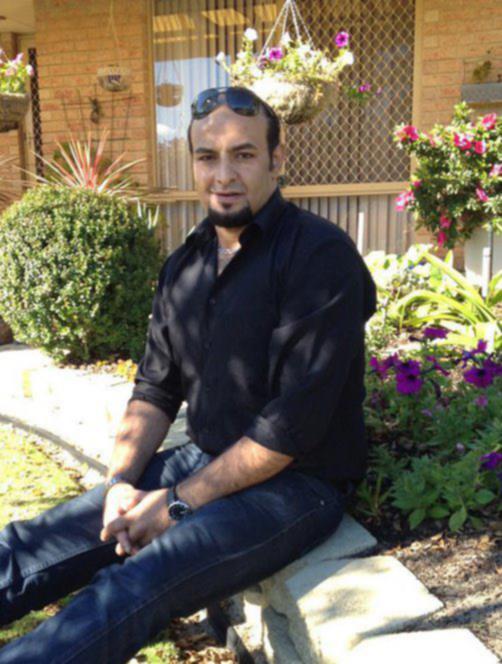Michaelia Cash queries why Attorney-General Mark Dreyfus has not made directions over non-citizen bail
Michaelia Cash has questioned why the Attorney-General has not used his powers to direct Commonwealth prosecutors about how to handle cases involving alleged breaches of visa conditions by non-citizens.

Michaelia Cash has questioned why the Attorney-General has not used his powers to give Commonwealth prosecutors directions about how to handle cases involving alleged breaches of visa conditions by non-citizens freed from immigration detention.
The Government has come under scrutiny this week over why Kuwait-born Majid Jamshidi Doukoshkan was granted bail over alleged curfew breaches in February.
The magistrate made it clear at the time she only made the decision because the Commonwealth prosecutor had not opposed the move.
Sign up to The Nightly's newsletters.
Get the first look at the digital newspaper, curated daily stories and breaking headlines delivered to your inbox.
By continuing you agree to our Terms and Privacy Policy.The charges were subsequently dropped because a technical bungle meant Mr Doukoshkan’s visa had to be reissued in March, along with those for the rest of the people freed after November’s High Court NZYQ decision that indefinite immigration detention was unlawful.
Mr Doukoshkan is now facing charges over the alleged home invasion and brutal bashing of 73-year-old Perth grandmother Ninette Simons.

Prime Minister Anthony Albanese said on Friday it “lacks common sense” that the prosecutor in February didn’t oppose bail and if it were up to him, “I assure you that there wouldn’t have been bail granted in that case”.
“But these things are done independently by the Director of Public Prosecutions … and in consultation with the AFP. That wasn’t a decision of Government,” he said.
However, Senator Cash, who was attorney-general in the previous government, said there were powers to give prosecutors general directions.
Legislation allows an attorney-general to give the DPP guidelines that “relate to the circumstances in which the director should institute or carry on prosecutions for offences”.
Senator Cash said this meant Attorney-General Mark Dreyfus could have given the DPP directions or guidelines about how to handle bail in anticipation of cases of alleged breaches, pointing out he had previously intervened to end the prosecution of whistleblower Bernard Collaery.


“Why hasn’t he used that power? Has he even spoken to the DPP about the issue?” Senator Cash said.
“This Government keeps claiming if it was in their power the detainee would have been locked-up. Well it was in their power and they did not exercise that power, it is a disgrace.”
Under the law, the attorney-general must publish any directions to the DPP “as soon as practicable”.
A search of the government gazettes shows the last published ministerial direction to the DPP was in March 2022.
Asked to clarify whether Mr Dreyfus had issued any directions to prosecutors in relation to the people released as a result of the High Court case, a spokesman for the Attorney-General said, “The CDPP conducts prosecutions independently of government.”
Separately, a spokesperson for Immigration Minister Andrew Giles said, “Decisions about bail in Federal proceedings are made independent of government by the CDPP — this has always been the case”.
There have been nine so-called “section 8” directions made by attorneys-general since the Office of the Director of Public Prosecutions was established in 1984.
The most recent one was issued by Senator Cash and requires prosecutors to seek ministerial consent before taking anyone to trial on charges relating to support for Hamas.
Labor’s Nicola Roxon made a direction in 2012 relating to the prosecution of repeat offenders crewing people smuggling boats.

